Protection of Personal Information Act Course
The Protection of Personal Information Act (POPIA) helps students understand why it’s important to keep personal data safe. It also teaches how to give clear and informed consent. While POPIA is a South African law, it still matters for students who study in South Africa, take part in research, or use websites that collect personal data.
Key Details
Note: This is a non-accredited, short course only.
In total, the duration is 1h 30m.
Depending on your preference, it is delivered in Classroom, Online, or Blended formats.
After enrolling, you’ll have access for 12 months.
About The Course
The Protection of Personal Information Act (POPIA) is a law that helps keep your personal data safe. It sets clear rules for how companies collect, use, and share your information. For example, they must ask for consent, keep your data accurate, and use strong security. As a result, you have more control over your personal information. Most importantly, POPIA builds trust and protects your privacy.
What You Will Gain From This Course
- First, a simple introduction to the Protection of Personal Information Act (POPIA).
- Next, what personal information protection includes and how it applies to you
- Then, a breakdown of the key rules set out by the Act.
- Also, your rights as an individual when it comes to your personal data.
- Plus, how consent works and how information is collected and used.
- After that, steps to keep data safe and how to handle security breaches.
- Then, what you need to do to follow the law and how it’s enforced.
- Finally, how to apply the Act in real-life situations.
Why Take This Course:
- First, get a clear understanding of how the POPI Act protects your personal data.
- Then, know when and how to give or refuse consent.
- Finally, gain the confidence to write or respond to POPIA consent requests
Course Overview
First, this course gives you a clear and practical introduction to the Protection of Personal Information Act (POPIA). You will see why protecting personal data is so important, how to manage information correctly, and what your legal duties are under South African law.
Next, we will guide you through the key rules of POPIA, from getting consent to handling data breaches. In addition, you will learn how to apply these rules in real situations, whether you work with emails, client records, or other sensitive data.
.
Course Content
What the Protection of Personal Information Act (POPIA) Covers
Why POPIA Matters and What It Aims to Do
.
- First, we’ll look at who is covered by POPIA — both people and organisations.
- Next, we’ll explore what kinds of personal information the law protects.
- Finally, we’ll go over the cases where POPIA does not apply.
- First, follow the rules of lawfulness, fairness, and openness.
- Next, make sure there is clear consent and a clear purpose for using data.
- In addition, give people the right to see and know how their data is used.
- Moreover, check that data is correct, needed, and kept up to date.
- Finally, take responsibility and meet your duties as the data controller.
Understanding Your Rights Under the POPI Act
First, you have the right to know how your personal information is collected and used.
Next, you can ask to see the personal information that a company holds about you.
Additionally, you can fix or update any wrong or old personal data
Furthermore, you have the right to delete your personal data if it is no longer needed.
Finally, you can say no to the use of your personal data in certain cases
- To begin with, understand consent requirements under POPIA
- Next, learn how to process special categories of personal information.
- To begin with, keeping data safe is very important. It protects personal and sensitive information from being accessed without permission.
- In addition, companies use tools, rules, and staff training to protect data in all areas.
- However, if a data breach happens, a quick and strong response helps reduce harm and fix the problem fast.
.
- To begin with, both the responsible party and the operator must know their roles when handling personal data.
- In addition, they must follow the law to collect, use, and store data the right way.
- Furthermore, they should check and update their systems often to stay compliant and keep data safe.
- To begin with, organisations must develop a clear POPIA compliance framework to protect personal information.
- In addition, regular employee training and awareness programs help ensure everyone understands their data protection duties.

